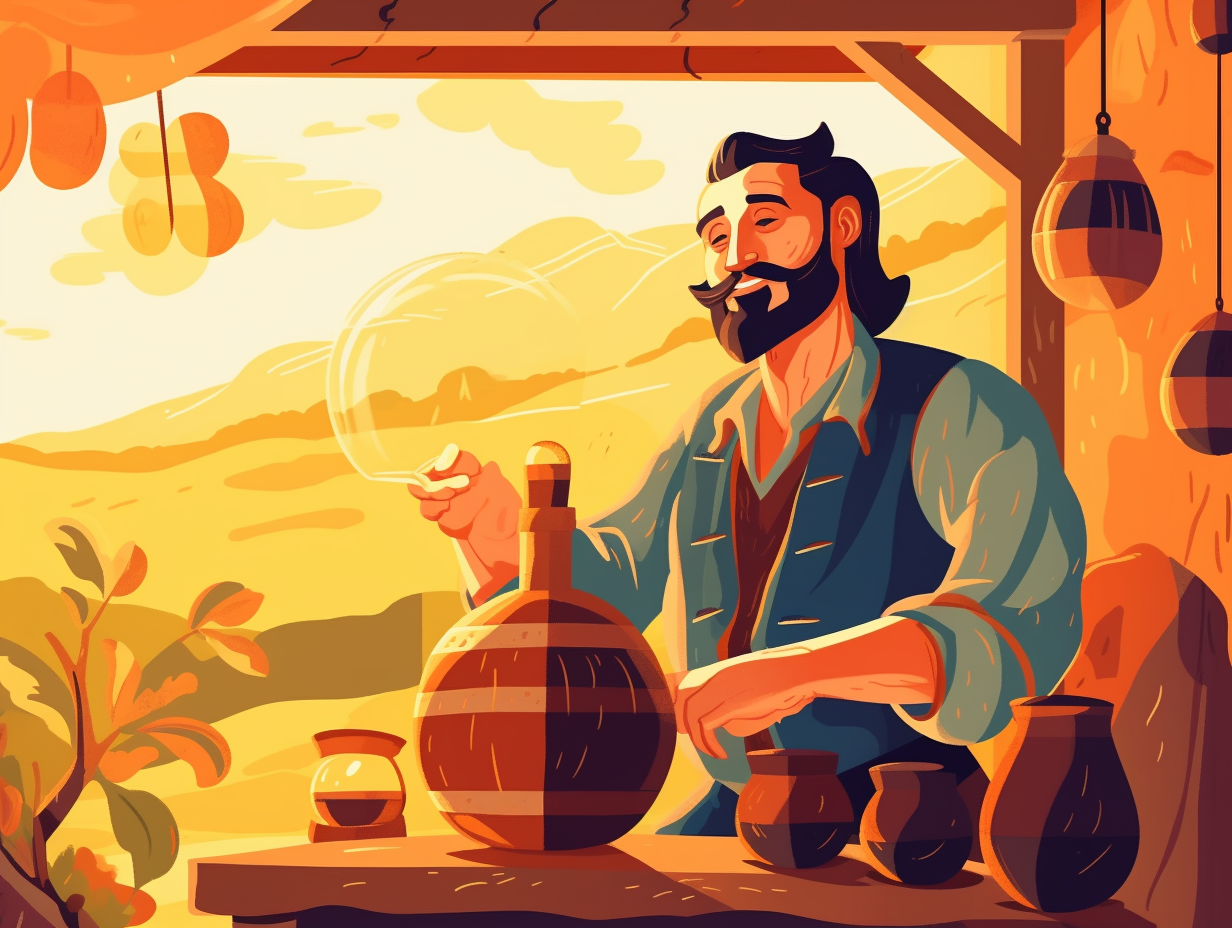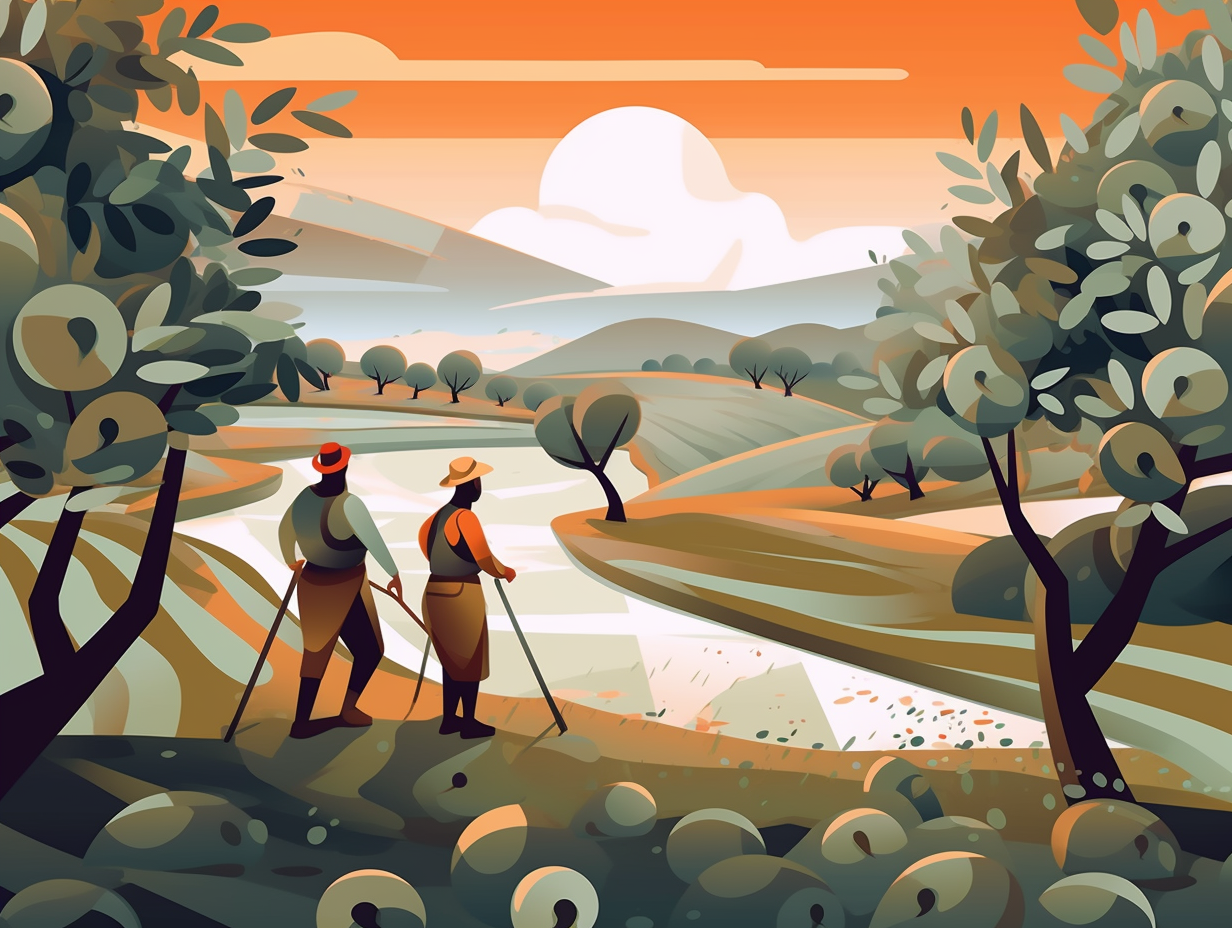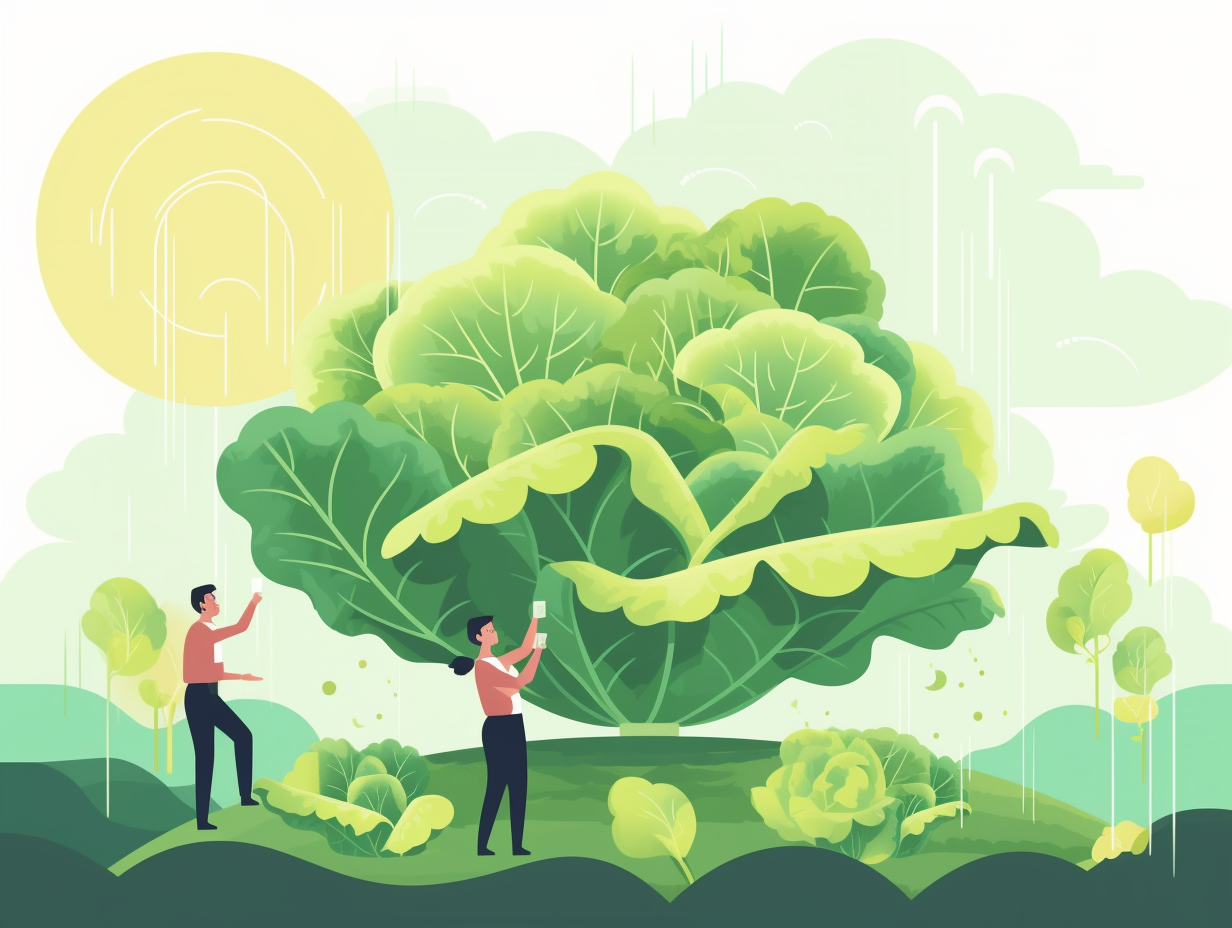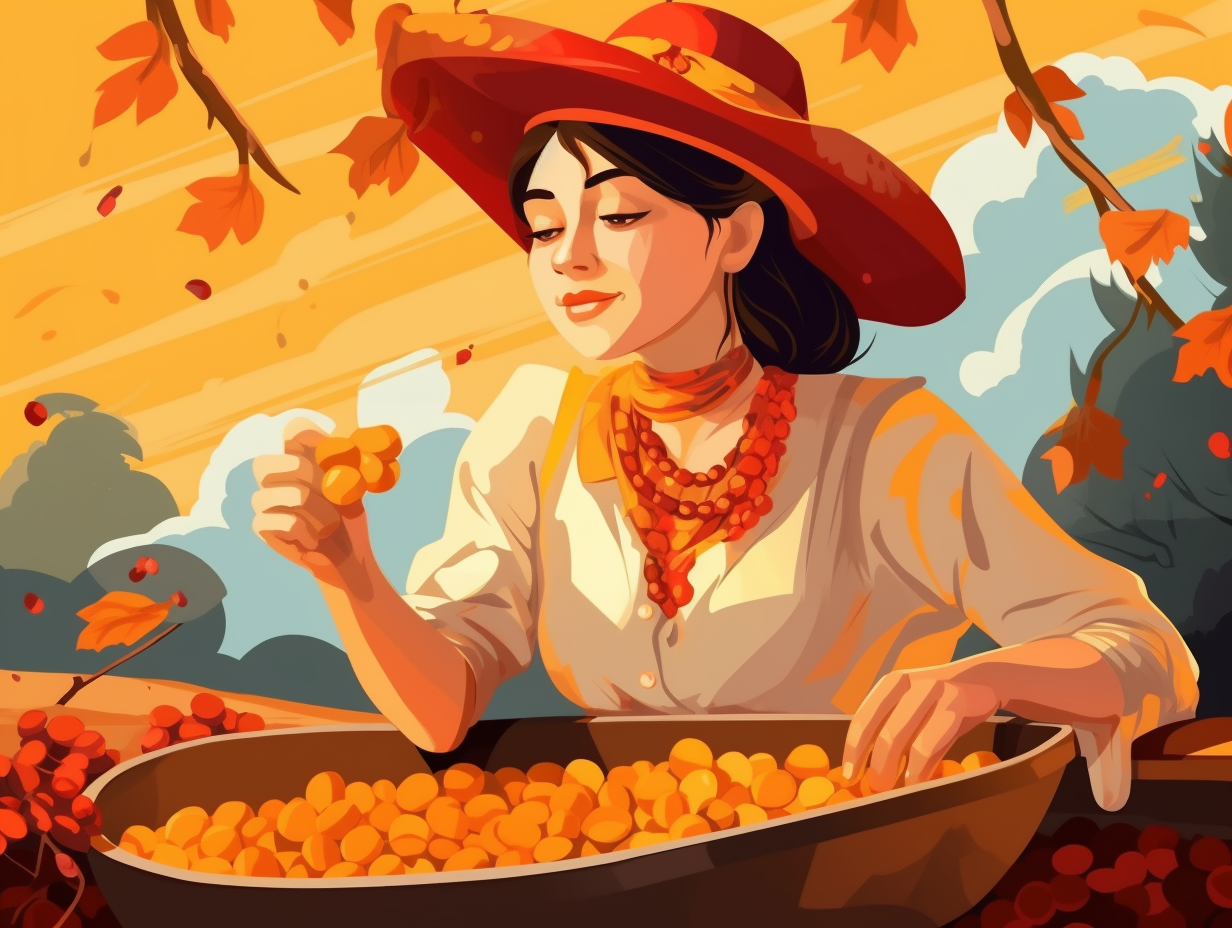Amazing Olive Encounters: 11 Fun Facts You Never Knew About this Tasty Treat

1. The Olive Identity Crisis
Here's a plot twist straight out of an olive-centric soap opera: black and green olives are actually the same fruit in disguise, cunningly aging to shroud their true identity! The great unmasking: green olives are simply harvested earlier, sporting a firmer touch, while the black olives make a dramatic entrance upon ripening, boasting a softer texture and opulent flavor, both hailing from the very same olive tree lineage.
Source => oliviersandco.com
2. Grecian Gatorade
Before Gatorade was a glint in any Ancient Grecian eye, they knew just the right stuff to drizzle on their platters and chug for that Olympian glow: Turns out, consuming olive oil was the secret sauce for athletes in ancient Greece, as it was believed to enhance strength, agility, and endurance – and it even moonlighted as a lamp fuel and festive dish ingredient.
Source => uc.edu

Did you know that ancient Greeks were the original trendsetters, using olive oil as currency, social status enhancer, and even as a fragrant accessory for hair and body? Discover more fascinating insights about the history of olive oil!
=> Fun Facts about Olive-Oil
3. Olive Branch Diplomacy
From Zeus's mythical bar fights to Roman goddesses sliding into Britannia's DMs, the olive branch has seen its fair share of wanton and wild encounters: As a symbol of peace and reconciliation, this versatile little twig has played a huge role in history, as evidenced by its ancient Greek roots, Roman applications of Pax, and the 17th-century English coins featuring Britannia with her weapon of choice - a spear and an olive branch.
Source => thehistorypress.co.uk
4. Goldilocks Olive Trees
Olive trees are like the Goldilocks of agriculture, always seeking the "just right" soil conditions for a fruitful fairy-tale ending: The Carboncella variety, for instance, thrives in dry limestone soils, while other types prefer alternate terrain. These versatile trees can grow at various altitudes, but for a happily-ever-after, they need well-drained soils with stable aggregates to ensure healthy growth and bountiful yields.
Source => sciencedirect.com

5. Methuselah's Favorite Crop
If Methuselah decided to take up farming, olives would be his crop of choice: These tenacious trees can live up to a colossal 1,000 years with just a little snip-snip of pruning, typically thriving for at least half a millennium.
Source => tytyga.com
6. Ancient Multitasking Drupes
From divine moisturizer to an ancient chef's secret weapon: olives have been multifaceted little drupes throughout history, doubling as holy skincare, a way to show VIPs they were hot stuff, and making salad dressing possible since 5th-4th century BCE.
Source => thoughtco.com
7. Slippery Spanish Traditions
Next time you're feeling slick, remember you've got nothing on these Spanish greasers: During the Cascamorras festival in Baza and Guadix, people get their shine on by covering themselves in a mix of black paint and eco-friendly olive oil before turning into olive-oiled up running olympic games: They join a wild chase after the Cascamorras, a person who frantically dodges them while trying to reach a statue of Virgen de la Piedad in Baza, armed only with a porra to fend off the slippery mob, all in celebration of a centuries-old legend and tradition.
Source => andalucia.com
8. Commitment-phobic Olive Trees
If your dating history were an olive tree, you might just be waiting for a millennial to finally settle down: Olive trees are known for their tremendous longevity, with some living as long as 3,000 to 4,000 years, making them one of the longest-living fruit trees in the world. In fact, researchers have even sequenced the DNA of an olive tree over 1,000 years old, predicting it may stick around for another 1,000 years, solidifying its status as a living monument.
Source => phys.org
9. Olive Curing Cocktail Parties
Next time you attend an olive curing party – because who hasn't been to one – you'll find yourself swishing with the brine crowd or mingling with the lye-minded: olives can be cured and preserved using various methods like water, brine, lye, and dry salt, bestowing upon them a delightful and diverse range of flavors and textures to relish year-round!
Source => oliveknowledge.com

10. Olive Oil: More Valuable Than Gold
What do ancient Greek Olympians and Popeye have in common? They both knew the value of a good olive oil massage after a workout! Here's the twist: In ancient Greece, olive oil wasn't just for a relaxing post-grind rubdown – it was actually a high-stakes currency that made winning athletes feel truly "oiled up." Pass the gold, please: Winners of renowned athletic competitions were lavished with copious amounts of premium olive oil, a commodity so prized back then that it was considered worth more than gold itself! This age-old custom perpetuated the significance of olive oil in Greek society and commerce, a legacy that lives on to this day.
Source => explorecrete.com
11. Athena's Slick Olympic Spa
When Athena's oil salon opened for business offering those slick Olympic rubdowns, we bet she didn't see this one coming: olive oil was used to massage ancient Greek athletes in the belief that they'd be blessed with the wisdom and strength of Athena herself, and even polish statues of Zeus for a long and happy life, resulting in olive trees being symbols of Greek civilization and still considered a popular gift item today.
Source => oliveoilsource.com
Related Fun Facts




















